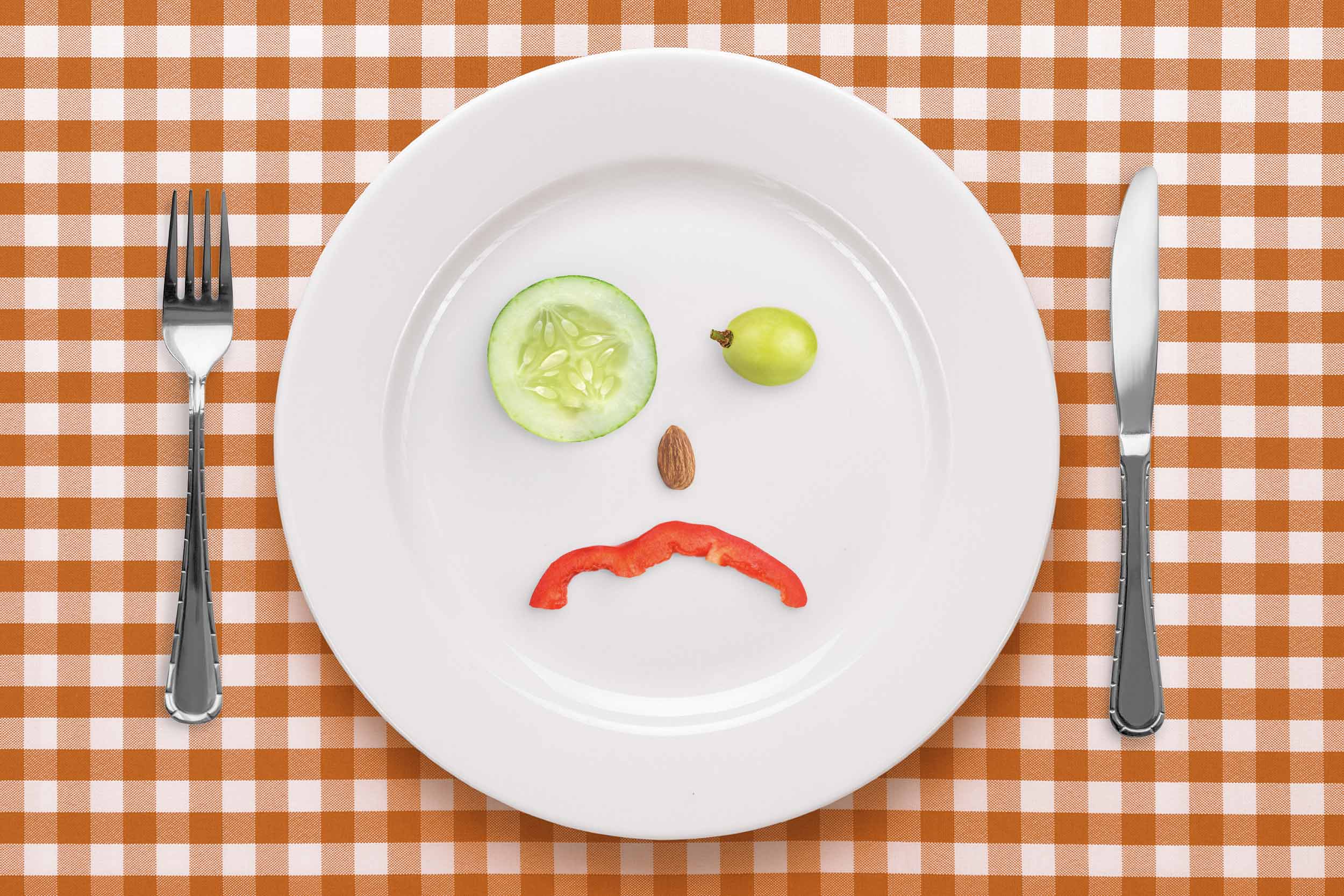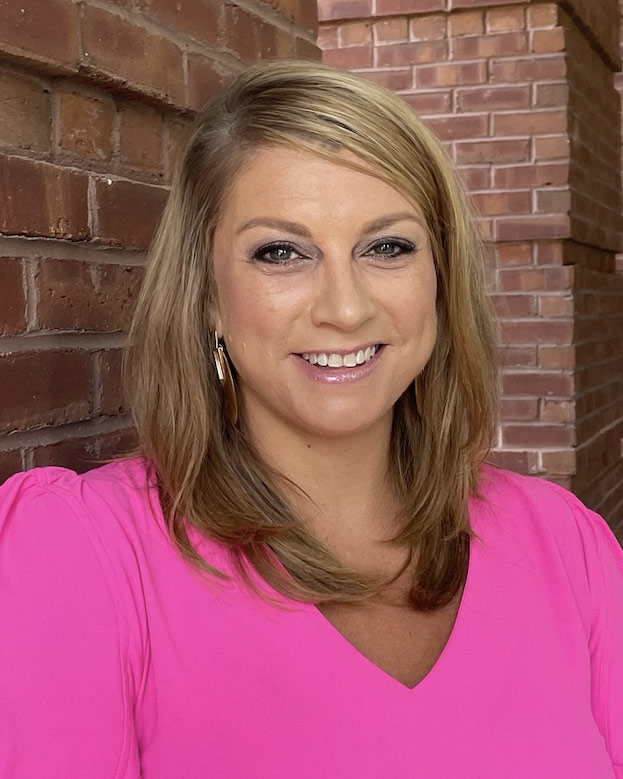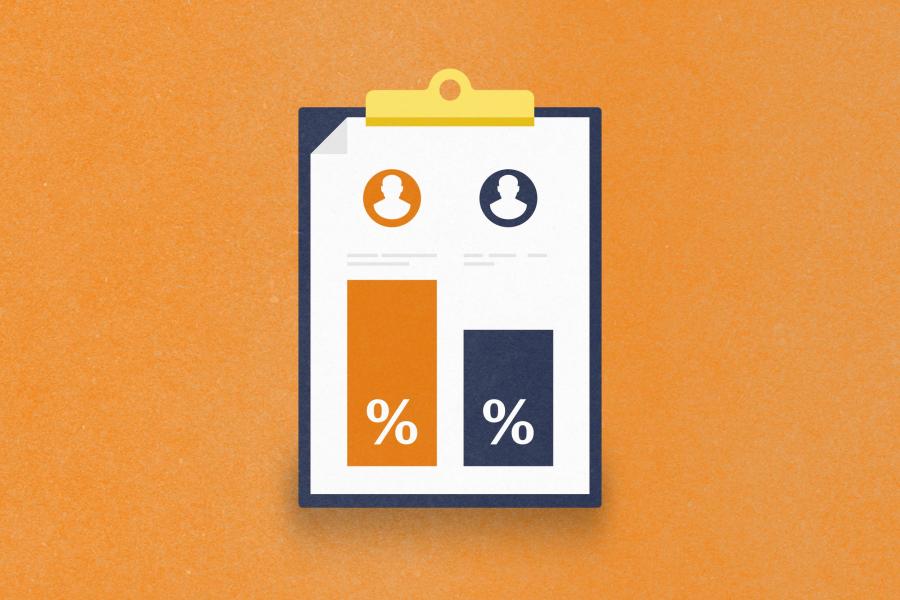I first got into the non-diet health at every size movement probably around 2017.
Q. By that time, you’d been a dietician for 17 years. What turned the tide for you?
A. I had been dealing with my own disordered eating and it flew under the radar. And because disordered eating and dieting is so pervasive, nobody picked up on it. But I knew that it took up a lot of head space for me. And I see that a lot with students and the patients who I’ve worked with. So, it kind of started off personally, and I also saw it in my former job in a weight-loss bariatric surgery clinic.
Q. Where does diet culture surface across genders and identities?
A. It really affects us all. I like to ask people, “When you think of eating disorders and disordered eating, what sort of person comes to your mind?” Often it’s cisgender, white, female, very thin or underweight-appearing, but that’s just not the case. Eating disorders affect all populations. People who are of color, the LGBTQ community, people who are not able-bodied, they often get overlooked. And those are actually the populations that we need to be looking at more.
Q. How should people be eating? We don’t want to starve ourselves, but we also shouldn’t be gluttons. What’s the right balance?
A. Everyone is different. And everyone, I would hope, would have an individualized way forward. You know, that’s the thing with dieting and Apple Watches and My Fitness Pal. They don’t know you as a person and what access to care you have. What food do you have? Those things don’t cater to you.
We talk to students about intuitive eating. Intuitive eating is the opposite of dieting. People often think that intuitive eating is eat when you’re hungry, stop when you’re full and you can eat whatever you want. That’s not necessarily saying that. It’s saying that you can have autonomy over your own body. You can honor, respect and listen to what your body is saying without rigidity, without food rules. It’s finding “where is that gray area for someone?”
Q. What are humans’ typical approaches to eating if they don’t have the benefit of dietician services like you and your colleagues offer at Student Health and Wellness?
A. We often go to all-or-nothing when it comes to food, because that’s a safe spot for us, because we’re in control, we know what to expect. Living in the gray is really challenging sometimes. That’s why meeting with a dietician, a mental health provider, can really help somebody navigate where they want to go in terms of their relationship with food.
Q. How can students access that support in Student Health and Wellness?
A. If eating and your body image is taking up a lot of head space and it’s affecting your day-to-day and your ability to be present with yourself and other people, students have the ability to reach out via the HealthyHoos Patient Portal. Or they can call Counseling and Psychological Services.
They can call Medical Services, or they can get in contact with our Nutrition Services team, which is myself and Melanie Brede, and get plugged in.
I just invite people to not minimize it because, again, disordered eating and dieting are so pervasive you might not think that it’s a big deal, but it’s a big deal because it’s affecting your life.











